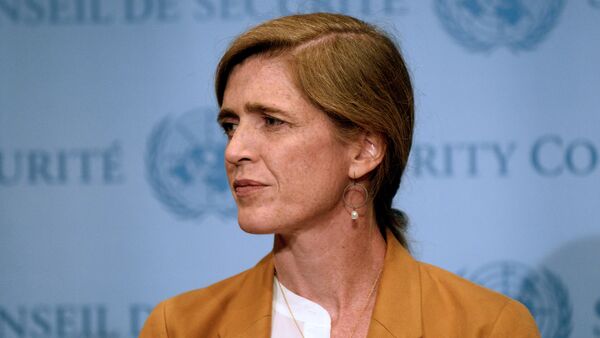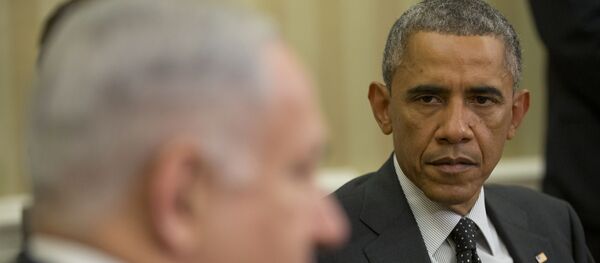"Obama came to power to a large extent thanks to their support and they have always supported him. At the same time he could not carry out many policies at home which they would welcome. For instance, he cannot introduce free healthcare or limit Wall Street's influence. This is why he decided to make something that would satisfy their aspirations," he explained.
Pakhomov added that the Obama administration also wanted to show that America's foreign policy is more complex than it might seem.
"Some among US leadership and expert community criticize Israel. Interests of two powers cannot overlap 100 percent," particularly when it comes to the Middle East, the analyst said. "Such views are common among left-wing members and supporters of the Democratic Party."
The resolution on Israel was passed on December 23, with 14 US Security Council members voting in favor and one abstaining.
US president-elect Donald Trump, who lobbied President Barack Obama to veto the resolution, called the vote a "big loss" for Israel, but pledged to readjust Washington's foreign policy toward its ally.
"We cannot continue to let Israel be treated with such total disdain and disrespect. They used to have a great friend in the US, but not anymore," the president-elect tweeted following the vote. "The beginning of the end was the horrible Iran deal, and now this (UN)! Stay strong Israel, January 20th is fast approaching!"
We cannot continue to let Israel be treated with such total disdain and disrespect. They used to have a great friend in the U.S., but…….
— Donald J. Trump (@realDonaldTrump) 28 декабря 2016 г.
not anymore. The beginning of the end was the horrible Iran deal, and now this (U.N.)! Stay strong Israel, January 20th is fast approaching!
— Donald J. Trump (@realDonaldTrump) 28 декабря 2016 г.
Pakhomov expressed doubt that the incoming administration will "drastically change" Washington's policy toward Israel.
Never miss a story again — sign up to our Telegram channel and we'll keep you up to speed!




